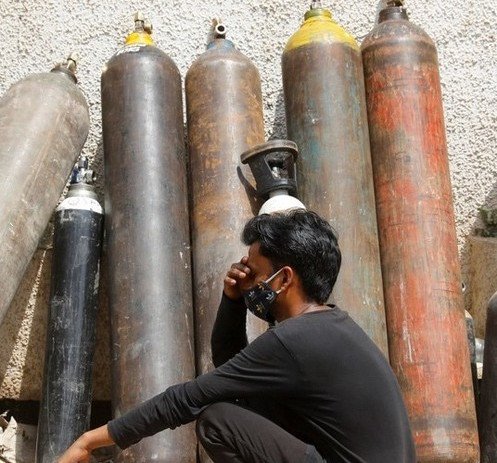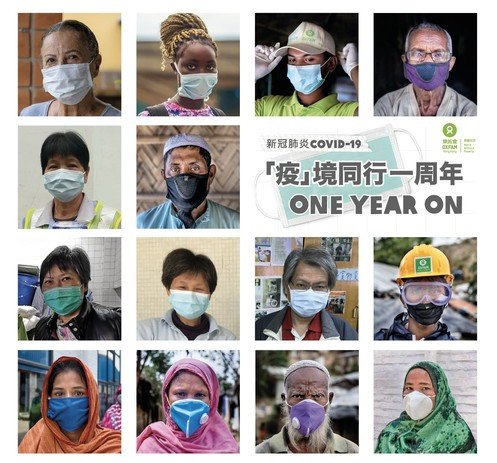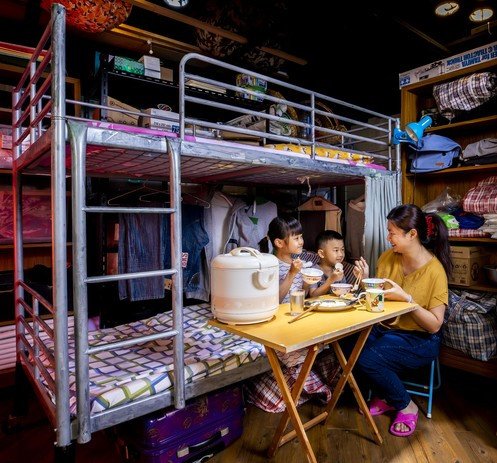Last updated 27 May 2021
In early May, hostilities once again erupted between Israelis and Palestinians. Israeli airstrikes over Gaza have damaged more than 100 houses and buildings, killed over 240 civilians, including at least 66 children, and wounded over 1,900 people. Eleven days of bombardment have also damaged the local water and power supply, making life even more difficult for Palestinians in Gaza.
We [now] only get four hours of electricity a day, and we don't have a schedule for it. Water might be available for one hour, but we won't have electricity to pump the water to the roof tank. We stay up all night looking for water to fill plastic buckets.
Amal, a mother in Northern Gaza
Oxfam’s Response
After a ceasefire was announced in the Occupied Palestinian Territory and Israel on 21 May, Oxfam immediately launched a response and began working with survivors to rebuild Gaza. We are aiming to support at least 280,000 people over the next 10 months. This includes:
- Distributing emergency cash to displaced families to buy necessities
- Distributing water, emergency food and food vouchers to families
- Repairing damaged water and sanitation facilities in communities and schools
- Distributing hygiene kits and other items so those in need can maintain personal hygiene during COVID-19
- Supporting farmers and fisherfolk to rebuild their livelihoods
- Providing adults and children with counselling services
Oxfam urges the international community to ensure the unimpeded delivery of relief supplies and fuel, so that those in Gaza can get back on their feet as soon as possible.
The Hanada building in Gaza was flattened by Israeli airstrikes on 11 May 2021. The building hosted tech start-ups, affecting businesses and Palestinians’ livelihoods in Gaza. (Photo: Fady Hanona)
.jpg)
Gaza city after heavy night of Israeli warplanes bombing. Gaza under fire, the Gaza Strip, Palestine - 13 May 2021. (Photo: Mahmoud Khattab/Quds Net News via ZUMA Wire/Shutterstock)
Damage in the Gaza Strip, 17 May 2021. (Photo: Fady Hanona)
2.1 million people in Gaza in urgent need of support
Israel has imposed a blockade on Gaza for over 10 years, which has severely stifled Gaza’s economic development. Recent hostilities have made the situation worse, and the livelihoods of the people have been greatly affected.
- At least 3 desalination plants have been damaged, affecting over 400,000 people
- Many communities only have a few hours of electricity a day
- The blockade has prevented construction materials from being transported to Gaza, making rebuilding difficult; some families have had to live in damaged houses as a result
- Hundreds of thousands of children and youth have been traumatised and are in need of psychological support
- Recurring attacks have hampered economic development in Gaza, which has led to it having one of the highest unemployment rates in the world for years



